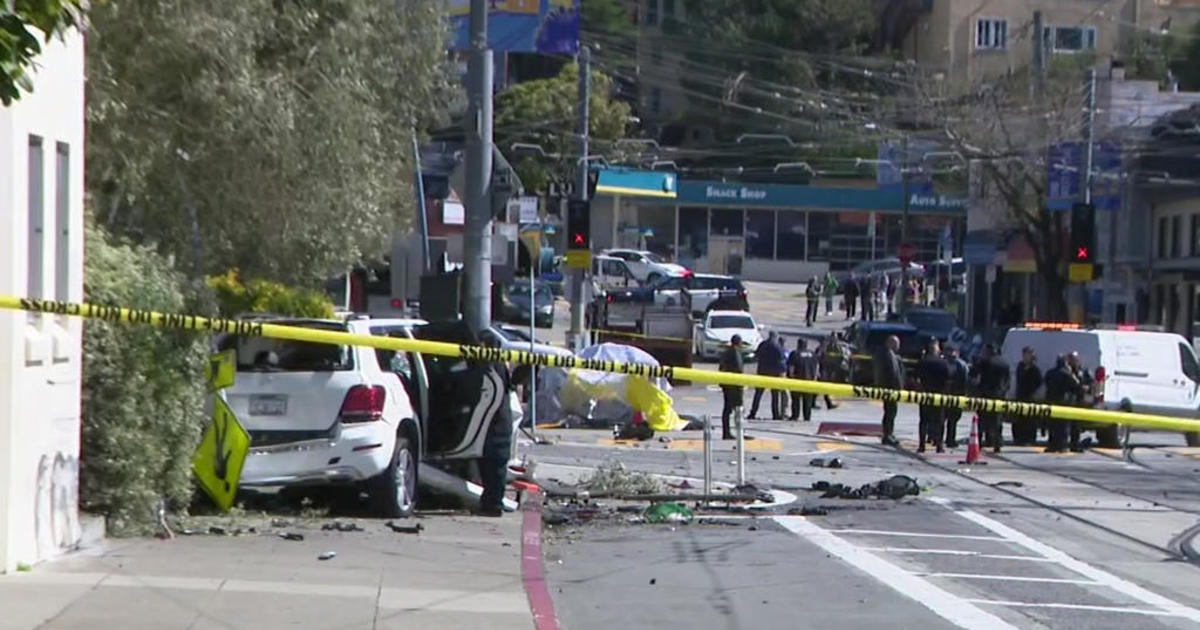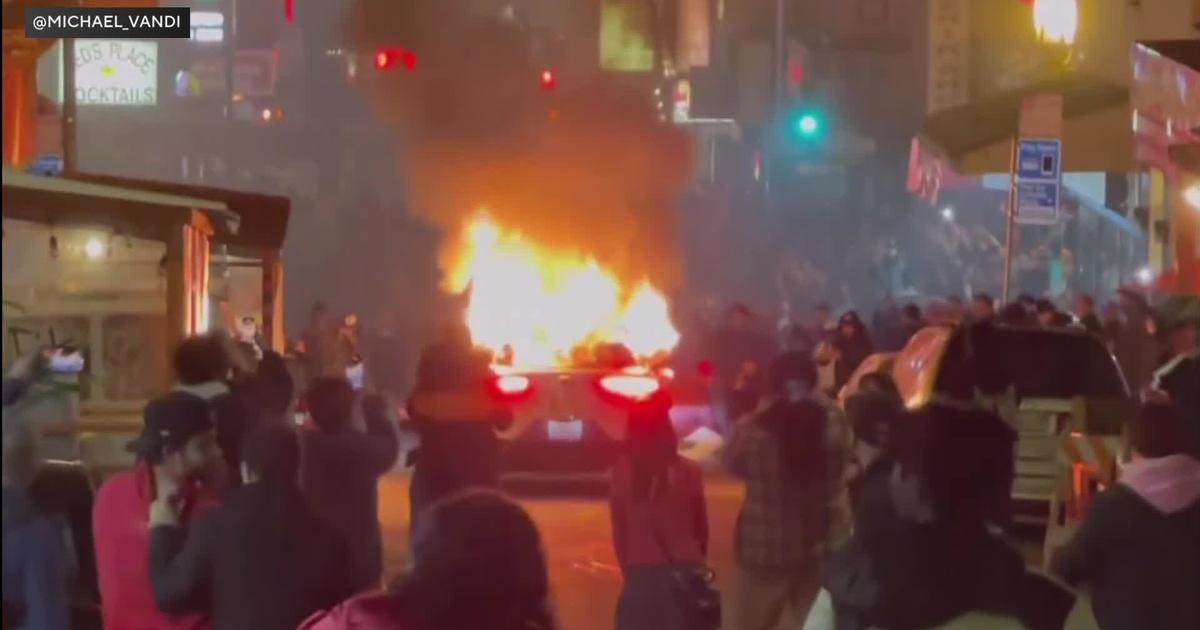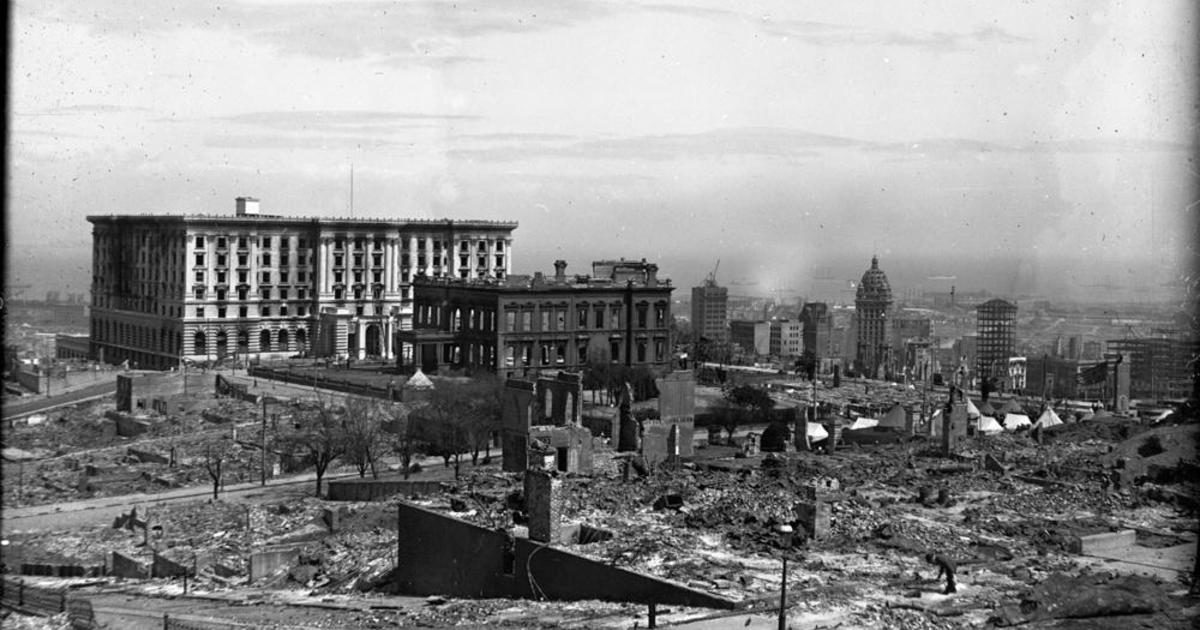Mayor London Breed Announces Priorities For San Francisco Police Reform
SAN FRANCISCO (CBS SF) -- Mayor London Breed on Thursday announced her vision to fundamentally change the nature of policing in San Francisco, issuing a set of priorities to help address structural inequities in the department and the city itself.
The mayor proposed four priorities to achieve her vision:
- ending the use of police in response to non-criminal activity
- addressing police bias and strengthening accountability
- demilitarizing the police
- promoting economic justice
According to the press release issued by the mayor, these policies build on San Francisco's ongoing work to meet the standards contained in President Barack Obama's 2015 Task Force on 21st Century Policing.
Breed's proposal would remove officers from calls for non-criminal activities, replacing them with trained and non-armed professionals who she said would be better equipped to handle situations like neighbor disputes, school discipline interventions or behavioral health crises.
Breed said as part of the plan, she's already directed the police department to establish policy to explicitly ban the use of military-grade
weapons like tear gas, tanks and bayonets, against unarmed people.
She has also called for a strategy on taking away such weapons from the department by 2021 and to create "safeguards" against federal grants
that fund them.
Additionally, Breed has directed the city's Human Resources Department and the Department of Police Accountability to work with police to identify and screen for indicators for bias, improve training and data sharing, and strengthen SFPD's Early Intervention System, which identifies officers whose performance shows signs of risky behavior.
Breed has also directed staff to audit all SFPD and San Francisco Sheriff's Office hiring and promotional exams and incorporate new testing to root out bias and potential for abuse of force.
She's also directed the Department of Police Accountability to expand its focus beyond individual instances of misconduct and evaluate broader patterns of bias.
Lastly, Breed's plan calls for redirecting city funding to invest in programs and organizations that serve communities historically harmed by systemic racism.
The four priorities build on San Francisco's ongoing police reforms, including efforts to limit use of force and require independent investigations, according to the Mayor's office. The press release stated that San Francisco has already implemented several best practices that have been shown to reduce police violence including banning chokeholds and strangleholds, requiring de-escalation, requiring a warning before shooting, and exhausting all other means before shooting.
"San Francisco has made progress reforming our police department, but we know that we still have significant work to do," said Mayor Breed. "We know that a lack of equity in our society overall leads to a lot of the problems that police are being asked to solve. We are going to keep pushing for additional reforms and continue to find ways to reinvest in communities that have historically been under served and harmed by systemic racism."
"The initiatives Mayor Breed is announcing today are consistent with our department's commitment to the Collaborative Reform Initiative and our aspiration to make the San Francisco Police Department a national model in 21st Century policing," said San Francisco Chief of Police Bill Scott. "We understand that it's necessary for law enforcement to listen to the African-American community and embrace courageous changes to address disparate policing practices, and we recognize it will take sacrifice on our part to fulfill the promise of reform."
The reform effort will focus on reducing the need for police to be first responders for noncriminal situations and changing the department's hiring, promotional, training and disciplinary systems to better reflect that the department's fundamental mission is to protect and
defend all life.
It will also focus on demilitarizing the police and redirecting funding to invest in marginalized communities. These reforms will be implemented on an ongoing basis, with some changes going into effect immediately.
SFPOA President Tony Montoya called the list of reforms reasonable and hopes to have a seat at the table for discussions. Montoya was on board with SFPD officers only answering violent calls and not responding to homeless or mentally people.
"So, I think if they could focus some of those type of issues with people who are specifically trained to deal with that, I think it's better all the way around. It'll free up police officers to respond to the dangerous and the emergency type calls," Montoya told KPIX 5 via Facetime.
The change in the city response to the issue of homelessness is also supported by Chris Herring, a policy advisor for the Coalition on the Homeless.
"Right now, police officers don't get a lot of training for this. I actually train them in their academy and it's a 30 minute training. Where as we already have a team of homeless outreach workers with the department of public health who are much better at figuring out what people's needs are related to mental health, substance use," Herring told KPIX 5.
Andria Borba contributed to this story.



